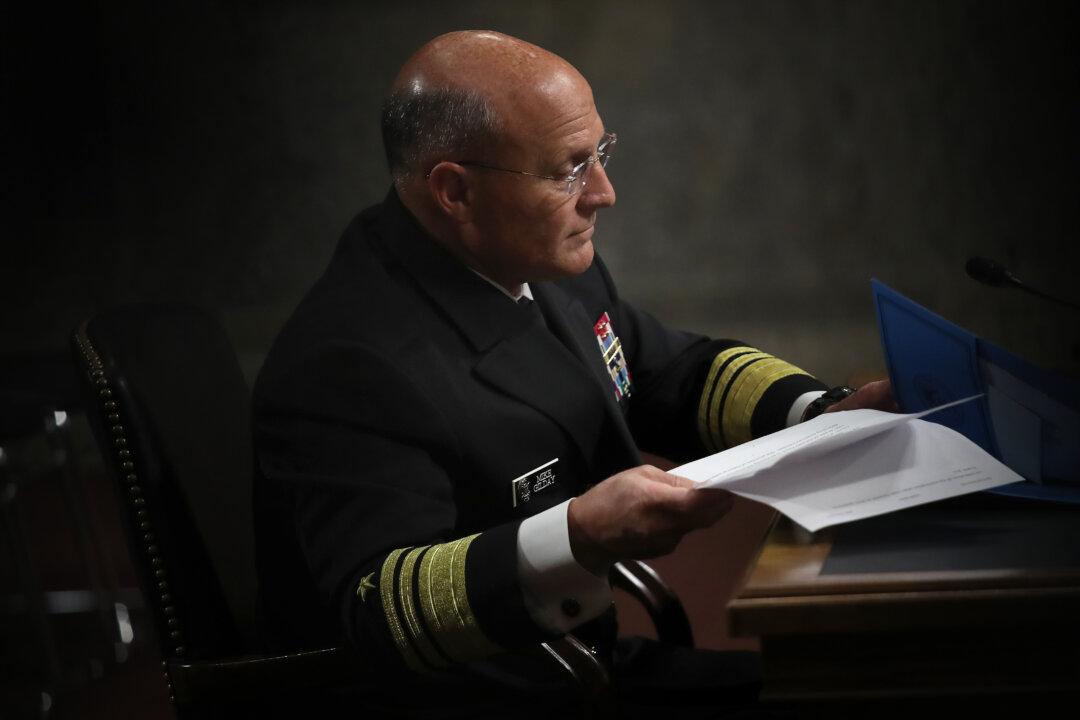The U.S. Navy is now the third military service without a Senate-confirmed chief of staff as an impasse over the military’s abortion policies continues to delay the confirmation process.
On Monday, Chief of Naval Operations Adm. Mike Gilday retired from the service, stepping down from his role as the top officer for the service. With Adm. Gilday’s retirement, the Navy has one more opening to be filled.





